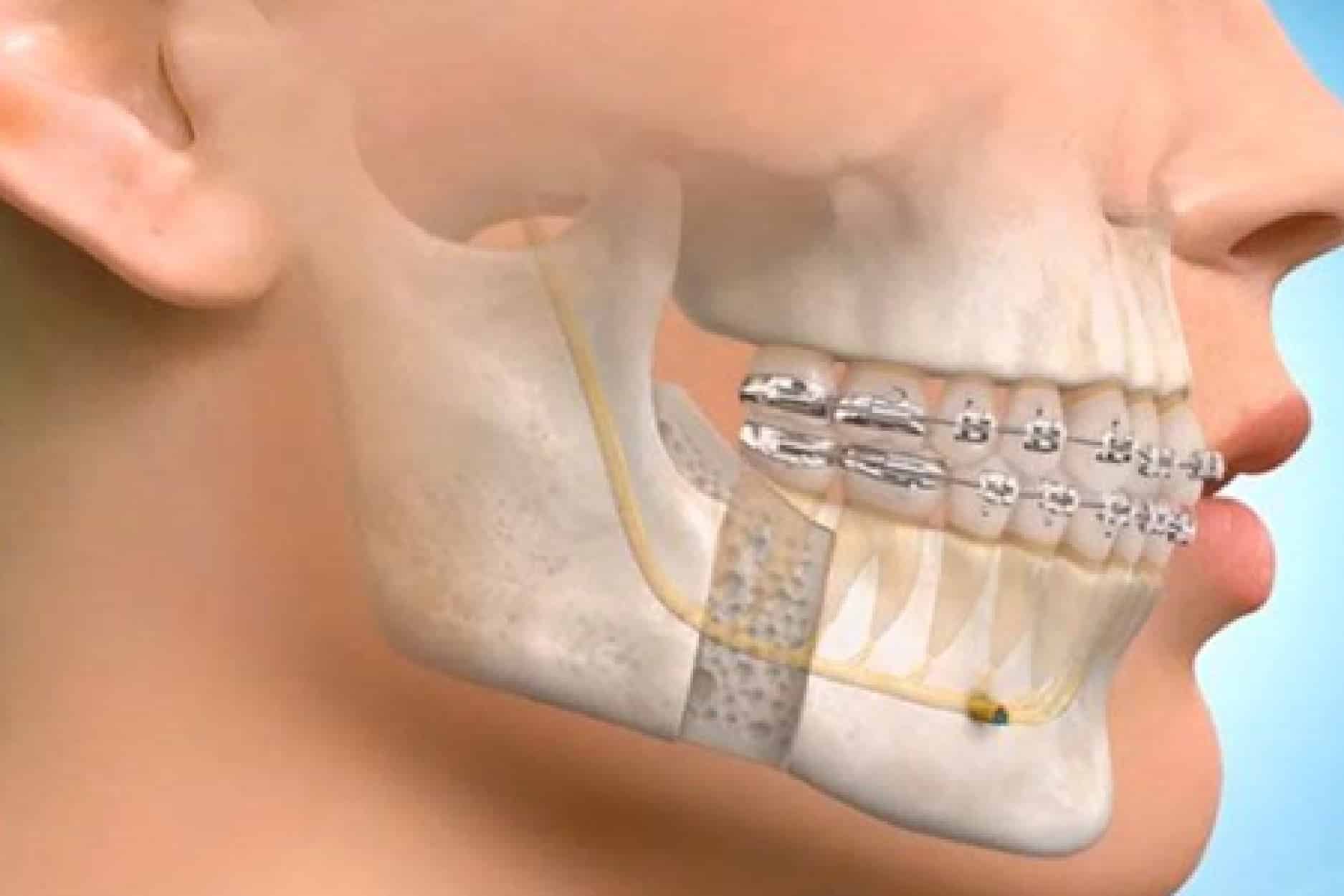Introduction
When it comes to oral and maxillofacial surgery, diligent and thorough care before and after the procedure is crucial for achieving the best possible results. Pre-operative and post-operative care play significant roles in ensuring a successful surgery and a recovery process. In article, we will delve the importance of both-operative and post-operative, exploring the various that contribute to optimal outcomes## Pre-operative Care Setting the Stage for Success### Thorough Dental
Before undergoing any and maxillofacial, it is essential undergo a comprehensive dental examination This examination allows the surgeon to assess the’s overall oral health, identify any existing dental issues, and determine the most appropriate surgical approach. Taking the time to thoroughly examine the patient’s teeth, gums, and jaw can uncover potential complications or risks that need to be addressed prior to surgery.


Medical History and Anesthesia Evaluation in oral and maxillofacial surgery
Another crucial aspect of pre-operative care involves evaluating the patient’s medical history and determining the most suitable anesthesia option. By reviewing the patient’s medical records, the oral surgeon can identify any underlying health conditions or medication allergies that may impact the surgery or anesthesia administration. This evaluation helps to minimize potential risks during the procedure and ensures the patient’s safety and well-being.
Patient Education and Informed Consent
Pre-operative care also involves educating the patient about the procedure, its potential risks and benefits, and the expected outcomes. It is important for the patient to have a clear understanding of the surgery they are about to undergo, as well as any necessary follow-up care. Providing detailed information and obtaining informed consent promotes trust and helps manage realistic expectations.
Preparing Emotionally and Physically
An often overlooked aspect of pre-operative care is preparing the patient both emotionally and physically. Undergoing surgery can be a daunting experience, and ensuring the patient’s peace of mind is crucial for a smooth process. By addressing any anxieties or concerns, the surgical team can create a supportive environment that promotes a positive mindset. Additionally, following any pre-surgery instructions regarding fasting or medication restrictions is vital to optimize the surgical outcome and reduce potential complications.
Post-operative Care: Nurturing the Healing Process of oral and maxillofacial surgery
Monitoring Vital Signs and Pain Management
After oral and maxillofacial surgery, close monitoring of the patient’s vital signs, such as blood pressure, heart rate, and oxygen saturation, is essential. This allows the medical team to promptly address any potential complications and ensure the patient’s stability. Pain management is also a critical component of post-operative care as it aids patient comfort and promotes a faster recovery.
Wound Care and Infection Prevention
Proper wound care and infection prevention are paramount in post-operative care. The patient should be educated on how to clean and care for their surgical site to reduce the risk of infection. This may include gentle rinsing techniques, avoiding certain foods or drinks, and using prescribed medications as directed. Additionally, the surgical team should provide clear instructions regarding any potential signs of infection, such as excessive swelling, redness, or discharge, to ensure early intervention if needed.
Nutritional Guidance and Physical Rest
During the post-operative period, a balanced diet and adequate nutrition are crucial for the healing process. The surgical team should provide guidance on foods to avoid, as well as recommend nutrient-rich options that can facilitate tissue repair. Additionally, physical rest is essential for proper healing and should be emphasized to the patient. Encouraging adequate sleep and limiting strenuous activities during the recovery period can contribute to a smoother and faster recuperation.
Follow-up Appointments and Ongoing Support
Post-operative care extends beyond the immediate recovery phase. It is vital for patients to attend all scheduled follow-up appointments to ensure proper healing and address any concerns or complications that may arise. Ongoing support from the surgical team, including accessible communication channels for post-operative questions or emergencies, plays a crucial role in promoting patient confidence and peace of mind.
Conclusion
In summary, the importance of pre-operative and post-operative care cannot be overstated when it comes to oral and maxillofacial surgery. Thorough care before the procedure sets the stage for success by addressing any existing dental issues, evaluating medical history, and providing patient education. Post-operative care, on the other hand, focuses on monitoring vital signs, managing pain, preventing infections, and nurturing the healing process through proper wound care, nutrition, and rest. By prioritizing both pre-operative and post-operative care, patients can expect optimal results and a smoother recovery journey. Remember, your oral surgeon is your partner in achieving the best possible outcome, so don’t hesitate to ask questions and follow their guidance for a successful oral and maxillofacial surgery experience.
Why is pre-operative care essential before oral and maxillofacial surgery?
What does pre-operative care involve?
How can I prepare for oral and maxillofacial surgery at home before the procedure?
What role does post-operative care play in the recovery process?
How can I manage pain and discomfort after oral and maxillofacial surgery?
Are there specific dietary guidelines to follow after oral and maxillofacial surgery?
How long does the recovery process typically take after oral and maxillofacial surgery?
What should I do if I have questions or concerns during the recovery period?
Are you searching for the best orthodontists , Visit Dent-O-Face
let know our doctor or go to
